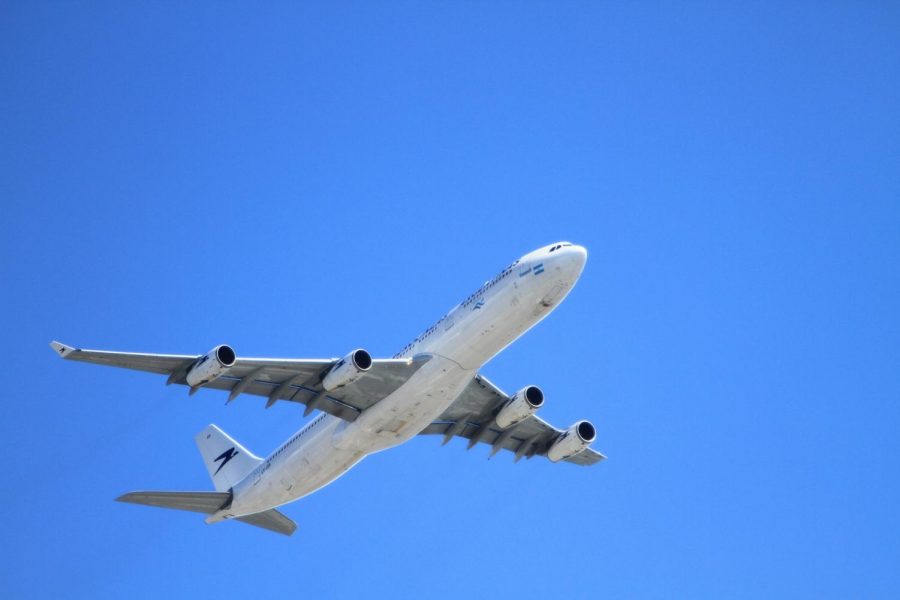Fulbright Academy delays trips abroad to prevent possible COVID-19 infections
Travel plans deferred until 2021, 2022; plans will be canceled if they cannot be deferred
The Fulbright Academy has deferred all travel abroad plans for students, staff and faculty due to COVID-19.
July 7, 2020
The Fulbright Academy has deferred all trips abroad for scholars and members due to COVID-19, which affects the plans of many WSU students and faculty.
Erin-Kae Rice, director of external affairs for WSU’s Office of International Programs, said the academy offers students, faculty and staff the chance to study, teach, conduct research or exercise their talents in a foreign country.
“It started under the premise that if people know and understand one another, that this would help different countries work better together under a more peaceful process,” she said.
The academy plans to defer students and faculty’s travel plans to 2021 and 2022 rather than cancel them, she said. Plans will be canceled if schedule conflicts do not allow for them to be deferred.
Rice said the academy is still moving forward despite current restrictions on international travel and the time it will take to process those who are deferred.
“It’ll take time to figure out who’s deferred and who’s still gonna apply,” she said. “We’re still strong because it’s something we want, and it’s also a part of our internationalization of campus.”
The academy also canceled their spring celebration, but there are plans to hold a virtual celebration in the fall, Rice said. The celebration recognized WSU’s new position as one of the top-10 producers of Fulbright scholars.
Robert Crossler, associate professor of information systems for WSU’s Carson College of Business, received a Fulbright award in March, allowing him to teach in Romania. Crossler’s travel plan was deferred until 2021.
Crossler said he chose to teach in Romania due to his focus on cybersecurity and his previous trip to Romania for the annual Black Sea and Balkans Security Forum. His course looks at security concerns businesses have and how to deal with them.
He hopes to also develop security research similar to his previous research, he said. The research will show if security issues in Romania are similar or different to those in the United States, and how to explore these issues in Eastern Europe.
Crossler said he wanted to teach abroad after seeing other faculty members do it. He never thought going abroad was possible due to his background of growing up in an impoverished household in Idaho.
He said he is looking forward to spending time learning another culture with his family, despite the recent setbacks.
“To have an opportunity to actually live in another country for six months and truly get to know what it’s like somewhere different will expand my appreciation for other parts of the world,” he said.









